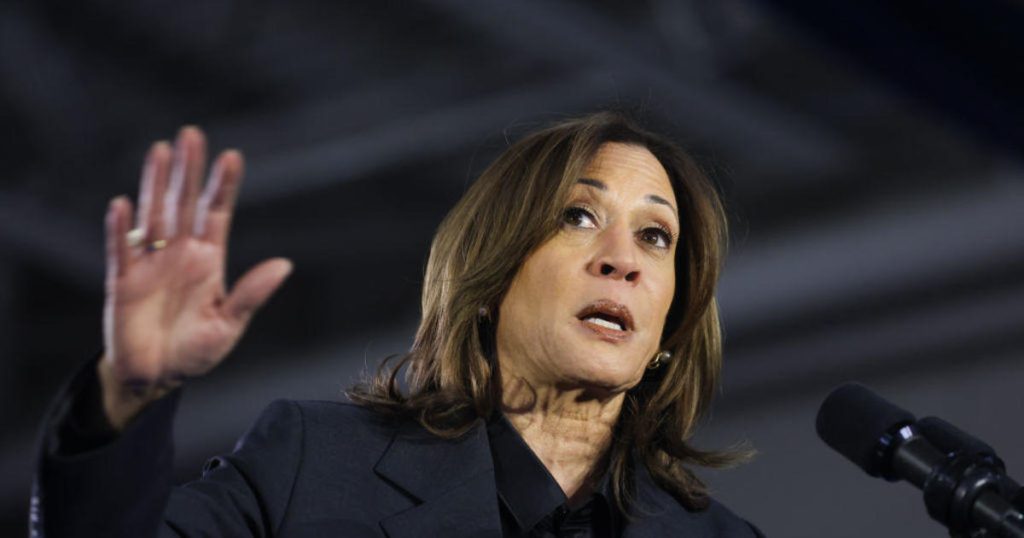Hind Omar, a Palestinian-American mother from Ann Arbor, Michigan, and her husband Andrew, longtime Democrats, feel betrayed by the Democratic Party and President Biden due to the ongoing conflict in Gaza. Despite their previous support for Biden, they are now considering leaving the presidential box on the ballot blank. The Biden administration has maintained its support for Israel while also pushing for a cease-fire in the conflict, leading to criticism from the Arab and Muslim American community in Michigan, which could potentially swing the election to Donald Trump.
Vice President Kamala Harris, criticized for a lack of outreach to the community, faced protests during a recent speech in Ann Arbor regarding the war in Gaza. She expressed a desire for the war to end and pledged to do everything possible to achieve that goal. However, the administration’s ongoing support for Israel, including a recent $20 billion arms sale, has led to further disillusionment among Arab and Muslim American voters in the battleground state of Michigan. This has created a dilemma for voters like Hind, who feel betrayed by the current administration but are concerned about the potential consequences of an uncommitted vote.
The ongoing conflict in Lebanon, where Hezbollah is based, has also influenced the voting decisions of Jewish American Democrat Joshua Feinstein, who has family in the region. Israel’s invasion of Lebanon has further complicated the situation for voters like Feinstein, who may choose to vote for third-party candidates rather than support the mainstream options. Feinstein sees his vote as a way to send a final message to the Democratic Party and the Biden administration, highlighting their perceived lack of commitment to addressing the concerns of Arab and Muslim American communities.
The growing dissatisfaction among Arab, Muslim, and Jewish American voters in Michigan highlights a broader trend of disillusionment with mainstream political parties and candidates. Many voters feel that their concerns are being ignored or dismissed by the current administration, leading them to consider alternative voting options. The impact of these voter decisions could have significant implications for future elections, especially in battleground states like Michigan where small margins of votes can determine the outcome.
Despite the challenges and tensions within the Arab, Muslim, and Jewish American communities in Michigan, there is a shared sense of frustration and disappointment with the current political landscape. Voters like Hind, Andrew, and Feinstein are seeking to make their voices heard through their voting choices, even if it means breaking away from traditional party affiliations. The upcoming election will be a crucial test of the power and influence of these marginalized communities in shaping political outcomes and holding elected officials accountable for their actions.


